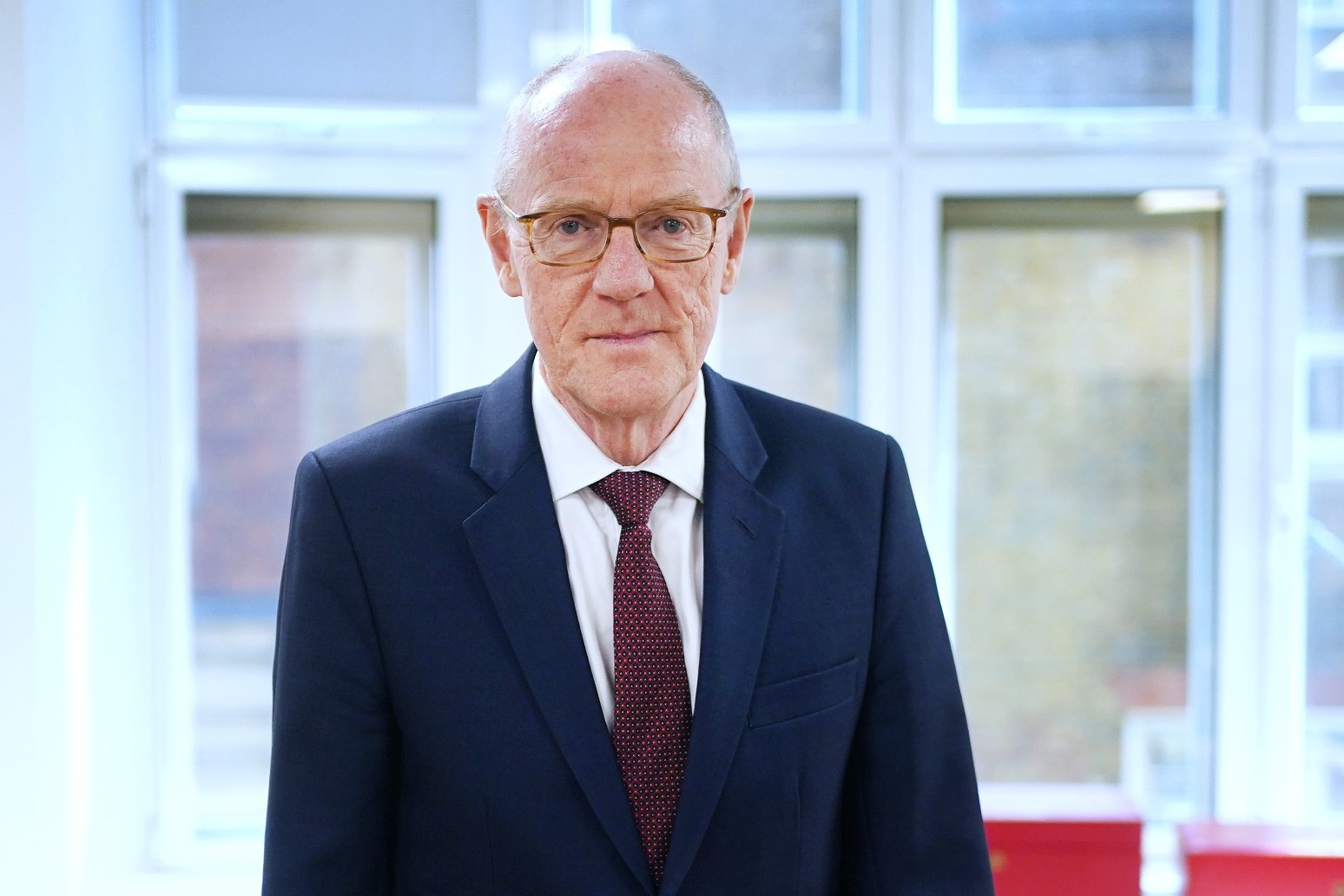
Schools Minister Nick Gibb’s comments came after his boss Gillian Keegan’s sweary outburst
The response to the crumbling concrete crisis has been “world-leading”, an education minister said despite ordering the full or partial closure of more than 100 schools in England just before the start of term.
Schools Minister Nick Gibb’s comments came after his boss Gillian Keegan said she was frustrated that no one was acknowledging what a “f****** good job” she was doing.
Mr Gibb said the Department for Education (DfE) was acting to keep children safe from the risk posed by collapse-prone reinforced autoclaved aerated concrete (Raac).
Asked about the Education Secretary’s sweary outburst, Mr Gibb told BBC Radio 4’s Today programme: “What she was trying to get across is the huge amount of work that the DfE has done.
“We are world-leading in terms of identifying where Raac is in our school estate.
“We’re talking about a small number of schools out of 22,500 schools, but we have conducted surveys since March last year, so we know where Raac is, and we’re sending in surveyors to identify Raac.
“And then the decision was taken, an important decision was taken last Thursday to keep children safe with new evidence that emerged about non-critical Raac that we now believe is unsafe, and we took the difficult decision because we want to keep children safe.”
In criticism caught on camera after an interview on Monday, a frustrated Ms Keegan hit out at those who she argued had “sat on their arse and done nothing”.
She also questioned why no one was saying “you’ve done a f****** good job”, before being forced to go before broadcasters to apologise for the language she used.
Ms Keegan went on to admit to being on holiday in Spain in the run up to ordering more than 100 schools and colleges in England to make complete or partial closures.
She was facing her Cabinet colleagues on Tuesday morning as the Prime Minister assembled his top team for their first meeting since returning from the long Commons’ summer break.
Ministers have been accused of taking a “sticking plaster approach” to essential maintenance by the head of the Whitehall spending watchdog.
Writing in the Times, National Audit Office chief Gareth Davies suggested that there had not been sufficient focus on “unflashy but essential tasks” such as maintaining public buildings that have faced “underinvestment”.
On Monday, the Prime Minister admitted hundreds more schools could have been built with problematic Raac.
He insisted that 95% of England’s schools were unaffected, leaving open the possibility that more than a thousand could still be impacted by the collapse-risk material.
Downing Street said the total number was expected to be in the hundreds rather than the thousands.
Mr Sunak was also accused by a former top official at the Department for Education (DfE) of having declined a request for funding to rebuild more schools while he was chancellor.
Published: by Radio NewsHub








